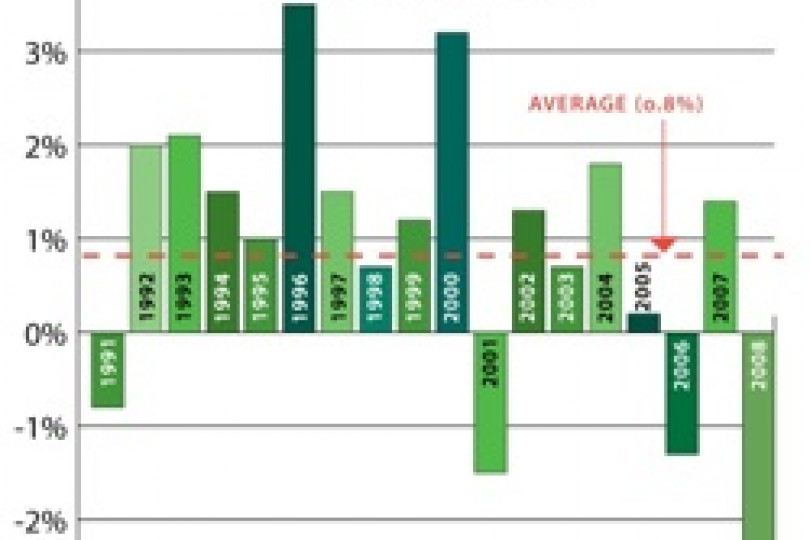“We are now one step closer to delivering on the promise of a new clean energy economy that will make America less dependent on foreign oil, crack down on polluters, and create millions of new jobs all across America.”
— President Barack Obama
U.S. CO2 emissions fall in 2008 CARBON DIOXIDE EMISSIONS from fossil fuel use fell 2.8 percent in 2008, the largest annual drop in more than 20 years, according to the Energy Information Administration (EIA). The EIA attributed most of the decline to the slowing economy and high gasoline prices, but the nation’s carbon efficiency also improved. Emissions per unit of GDP fell 3.8 percent in 2008.
MAJOR CLIMATE LEGISLATION passed the House Energy and Commerce Committee May 21, by a 33-25 vote. The American Clean Energy and Security Act of 2009, also known as the Waxman-Markey bill, is intended to set up a cap-and-trade system aimed at reducing carbon emissions.
The bill immediately began garnering both praise and criticism. Environmentalists tend to support any bill intended to reduce emissions, but some complain this one is too weak. Representatives of the industries who will be most greatly affected by cap-and-trade — power producers, oil companies, and heavy industry — tend to say it will be too expensive, but others believe that cap-and-trade is a pragmatic approach to reducing emissions with the least disruption to the nation’s economic recovery.
U.S. CO2 emissions fall in 2008
CARBON DIOXIDE EMISSIONS from fossil fuel use fell 2.8 percent in 2008, the largest annual drop in more than 20 years, according to the Energy Information Administration (EIA). The EIA attributed most of the decline to the slowing economy and high gasoline prices, but the nation’s carbon efficiency also improved. Emissions per unit of GDP fell 3.8 percent in 2008.
Boilermakers International President Newton B. Jones praised the vote, saying, “This vote is one small step toward establishing a cap-and-trade system that should reduce the financing uncertainties many of our employers face and result in more work for our members. I commend [Director of Legislative Affairs] Abraham Breehey and the Department of Government Affairs for their work, but they know better than I how much work remains.”
Applauding the vote, President Barack Obama announced, “We are now one step closer to delivering on the promise of a new clean energy economy that will make America less dependent on foreign oil, crack down on polluters, and create millions of new jobs all across America.”
The 950-page bill includes a host of energy provisions — incentives and requirements for producing carbon capture demonstration projects, electric vehicles, energy efficiency in buildings, a “smart” electrical grid, and alternative ways to generate and use energy. It also provides economic aid for consumers hit by higher energy prices.
The bill would reduce global-warming pollution to 97 percent of 2005 levels by 2012, and continue at an accelerating pace, reaching 17 percent by 2050. In the baseline year of 2005, U.S. carbon dioxide emissions from fuel consumption were at their highest level ever recorded.
The complex cap-and-trade system Waxman-Markey proposes includes aid to some energy sectors to help them transition to lower emissions in the early years.






